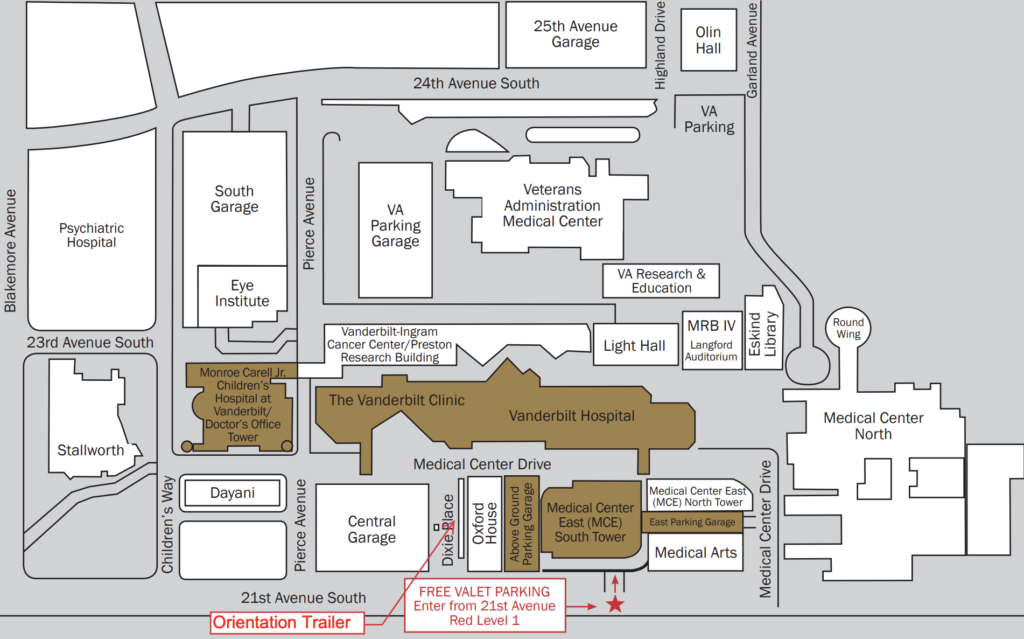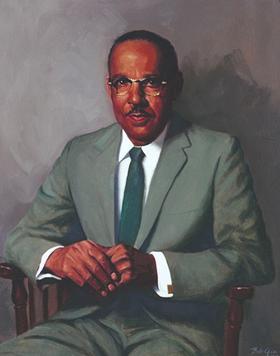
Vanderbilt University Medical Center has officially renamed a street on its campus that honored the Confederacy.
Hospital officials say renaming Dixie Place — which runs beside a primary parking garage — has long been overdue. It will now be known as Vivien Thomas Way, after a pioneering instructor of surgery.
“Dixie, as a name, is an anathema to people of all races who seek to advance the cause of civil rights for the marginalized people who live here in this country and this city,” Dr. André Churchwell, the hospital’s chief diversity officer, said at a ceremony Monday afternoon.
The dean of the medical school also apologized on behalf of the hospital.
 Creative Commons
Creative Commons Vivien Thomas was eventually awarded an honorary doctorate by Johns Hopkins University and made an instructor of surgery near the end of his career.
“I am sorry that it took us far too long to understand and to act,” Dr. Jeffrey Balser said.
A group of current medical students led the effort to rename the street after Thomas, a Pearl High graduate who had no formal medical degree but helped develop a widely-used technique in cardiac surgery.
In 1930, Thomas took a job in the surgical lab of Dr. Alfred Blalock. Due to institutional racism, Thomas was classified and paid like a janitor despite by the mid-1930s doing the work of a postdoctoral researcher.
When Blalock moved to Johns Hopkins University in the 1940s to become the chief of surgery, Thomas went along with him. He helped discover a surgical solution for blue baby syndrome by operating first on a dog. Thomas then stood on a stool behind Blalock, coaching him through the first procedure on a human toddler.
Thomas was given an honorary doctorate from Johns Hopkins and hired as a faculty member near the end of his career. But he was given very little credit for his medical achievements during his lifetime. He died in 1985 at the age of 75.

